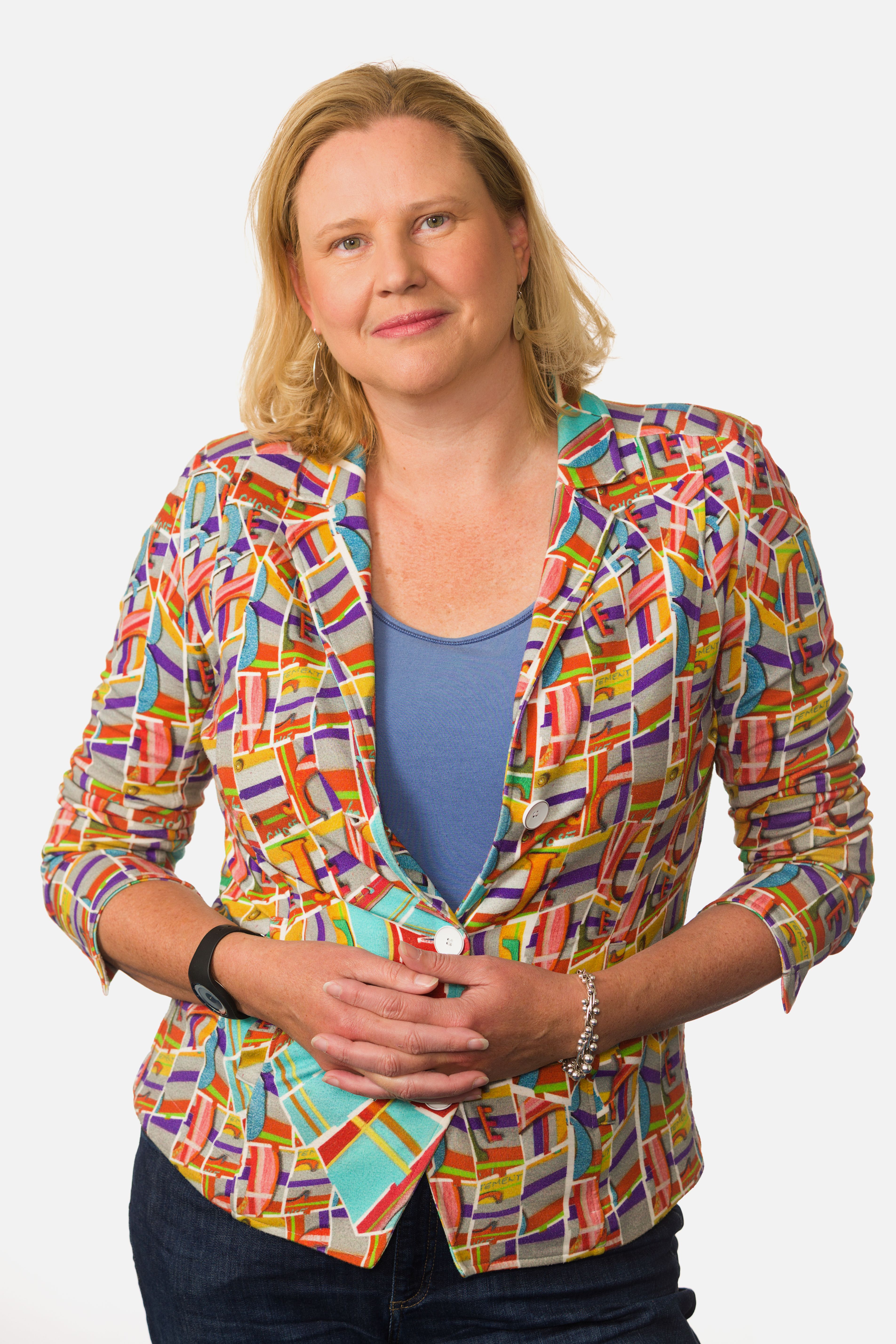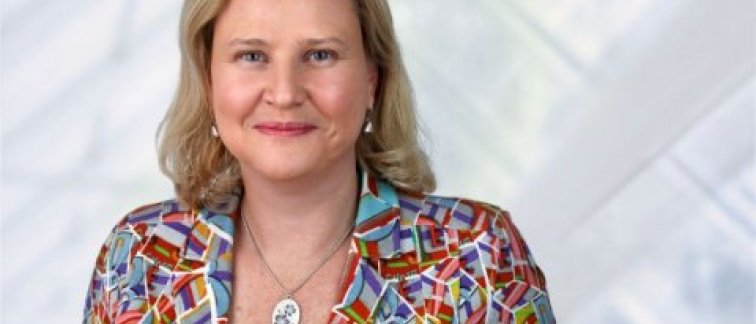For the series Onderwater Ondervraagt, Laurien Onderwater interviews Dutch scientists. In January 2023, it was the turn of our Marjolein van Egmond, immunologist at Amsterdam UMC . The article below elaborates on Prof. Van Egmond's research in which she focuses on antibodies and their role in autoimmune diseases and cancer.
During the Corona pandemic, Prof. Marjolein van Egmond was regularly seen or heard on television, radio or in the newspaper. She had time for this back then: Prof. Van Egmond: ‘Because of the lockdown, my research and traveling for work were at a lower level'. Now, however, the immunologist, who studied medical biology at Utrecht University, is back to working full-time for Amsterdam UMC and the amount of hours in a day are ever short.
Immunology 101
When a harmful virus or bacteria enters your body, the immune system makes antibodies in response. Those antibodies, called immunoglobulins, are Y-shaped proteins. With one side they bind to molecules on pathogens, with the other side they bind to the receptors (a kind of antennae on the surface) of immune cells. Receptors can inhibit or activate. When activated, signals are transmitted inside the immune cell that can lead to the destruction of bacteria or viruses.
Antibodies come in five different flavors: immunoglobulin A, D, E, G and M. Prof. Van Egmond focused on immunoglobulin A (IgA) during her doctoral research at UMC Utrecht. The antibodies are found in our body's mucous membranes and protect the inside of the nose, mouth, throat, lungs, gastrointestinal tract and sexual organs from pathogens.
Most beautiful day
At least that's what we know now. Prof. Van Egmond: 'When I did my doctoral research, not much was known about IgA and the receptor on the immune cells that IgA binds to. The antibody was seen as a passive molecule that sat in the gut and did not trigger a defense response.' Not a crazy thought, since there are billions of good bacteria in the intestines and you don't want the immune system to continuously react to them. So the prevailing idea was that the IgA receptor gave stop signals; the immune cells were not going to attack bacteria.
Only that was totally inconsistent with what Prof. Van Egmond saw in her lab experiments. Prof. Van Egmond: ‘On the contrary, I saw that IgA was very active and caused an inflammatory response as soon as the substance bound to its receptor. I just could not explain this'. When she still had not figured this out after three years, she wanted to throw in the towel. Prof. Van Egmond: ‘For three years you are in the lab every day and still you have not been able to figure out what exactly is happening. Back then I really thought: I am quitting science’.
Not long after, she made a coincidental discovery that called everything into question. Together with a colleague, she found out that specialized immune cells in the liver (called kupffer cells) also have the IgA receptor. The main role of these cells is to remove bacteria from the blood that have entered from the intestines. Prof. Van Egmond: ‘Then all of a sudden everything made sense. In the intestines, IgA has a more passive role, but in the liver, the antibody must take on an active role.’ The relief at the time was great for the immunologist: ‘That was the best day of my life and at that moment I decided to continue to pursue a career in science'.

Changing Dogma
Prof. Van Egmond has never let go of IgA since then; her team is still conducting research on it. And especially on the antibody's role in cancer and autoimmune diseases. Prof. Van Egmond: ‘For example, we have found that some autoimmune diseases arise because the body produces IgA against its own cells, destroying them. But still many doctors only measure the levels of other antibodies in patients and leave out IgA, because they consider that antibody completely irrelevant. It remains difficult to change the dogma that IgA is passive."
Prof. Van Egmond herself no longer has time to be in the lab, however much she regrets it. In addition to leading her research group, attending conferences and applying for grants, Prof. Van Egmond has been busy writing a book for several years. Prof. Van Egmond: 'At the end of my inauguration, someone came to congratulate me and said: You've now taken twenty years to reach the highest you can reach. What are you going to do for the next twenty years? That was a confrontational question, but it also made me think. I really enjoy public education, so I wanted to do something with that.’
Thus was born the idea for The Cancer Book, in which Prof. Van Egmond explains how cancer originates and how scientists and doctors try to fight this disease. ‘Important here is that it must be understandable to everyone’, Prof. Van Egmond emphasizes.
Source: read the original (Dutch) article by Laurien Onderwater for KIJK here.
Get to know Prof. Marjolein van Egmond and her research projects even better by reading our previously published articles:

